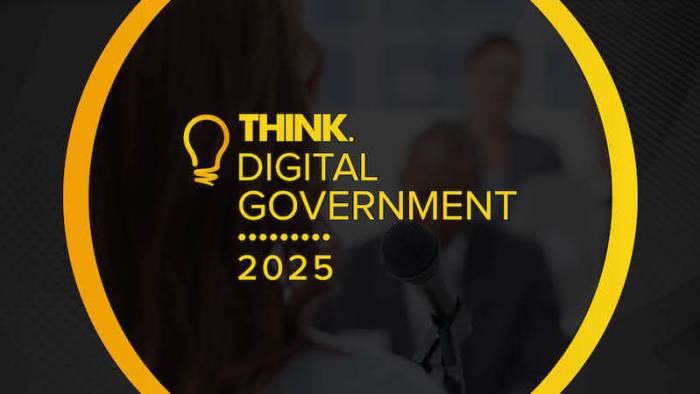In today’s fast-paced cybersecurity world, organisations are encouraged to keep up with new threats and emerging technologies that combat these cyber risks. However, for resource-strapped public sector organisations, this task is unachievable.
The fact is that public sector organisations are already using a tool that can help create trust, trust in users, content, and machines. Digital identities are a ‘trust service’ that can be used to verify the identity of data senders or receivers.
How do digital identities create trust?
Digital identities use public-key cryptography to enable the secure exchange of information. The information is encrypted with the recipient’s public key, ensuring that only authorised parties with the corresponding private key can decrypt and access the data. This safeguards the data from unauthorised interception or tampering.

“For us, trust is a people thing,” says Mike Boyle, Alliance Manager at GlobalSign. “Our teams verify the identities of people and organisations before they are deployed. It’s a crucial part of how we create digital trust.”
Public sector organisations have been using digital identities to authenticate and verify users and devices for a long time. However, either due to a lack of knowledge within the organisation or the fact that digital security is often an afterthought, the tool is underutilised.
“The opportunity that digital identities present is significant,” says Boyle. “From authenticating devices and securing email, to verifying the integrity of content such as contracts and health records, giving something a trusted identity can go a long way in helping with security and compliance.”
If you liked this content…
How can public sector organisations use digital identities?
“The biggest gap we see is knowledge,” says Boyle. “Some users opt for free services offered by their public cloud provider or even use self-signed certificates, but they don’t know how to best deploy these certificates, which can put their organisation at risk of a data breach. Again, this is where our people come in, they are leading experts in digital identities deployment and help organisations maximise the opportunity they present.”
“Free security can be attractive, but security is there for safety,” Boyle adds. “Using a non-trusted authority is like asking an acquaintance to look after your money instead of a bank. Public sector bodies have a duty of care and an internal requirement to ensure that their digital security practices and their identity processing practices are robust and compliant.”
Boyle emphasises the reputational and financial consequences of failing to comply with regulations such as GDPR and PCI-DSS, with the Information Commissioner’s Office having the power to fine any entity £20 million or four percent of their group turnover in the event of a breach. He also highlights GlobalSign’s position as the longest running trust authority in the UK and the only Certificate authority in the world with four ISO certifications.
“As a public sector body, you are in control of what you use to ensure the safety of your data. That’s what’s most important. And that’s why Certificate Authorities like GlobalSign exist. We undergo rigorous audit processes to ensure we are robust in our practices and processes to deliver those services.”
GlobalSign offers a UK-based data centre for its primary CA services. “It’s where all public sector customers go to meet their compliance requirements. We are the only global certificate authority in the world that can provide that,” says Boyle. “No matter their infrastructure or where they run their portfolio, we can help secure their organisation holistically.”








